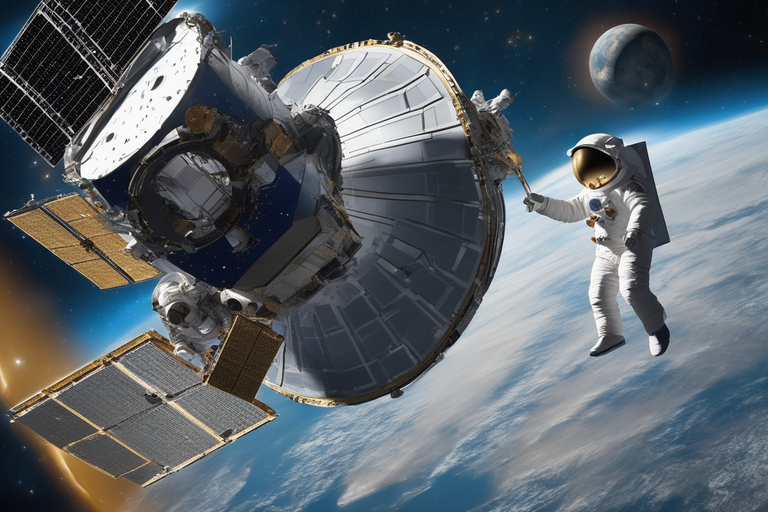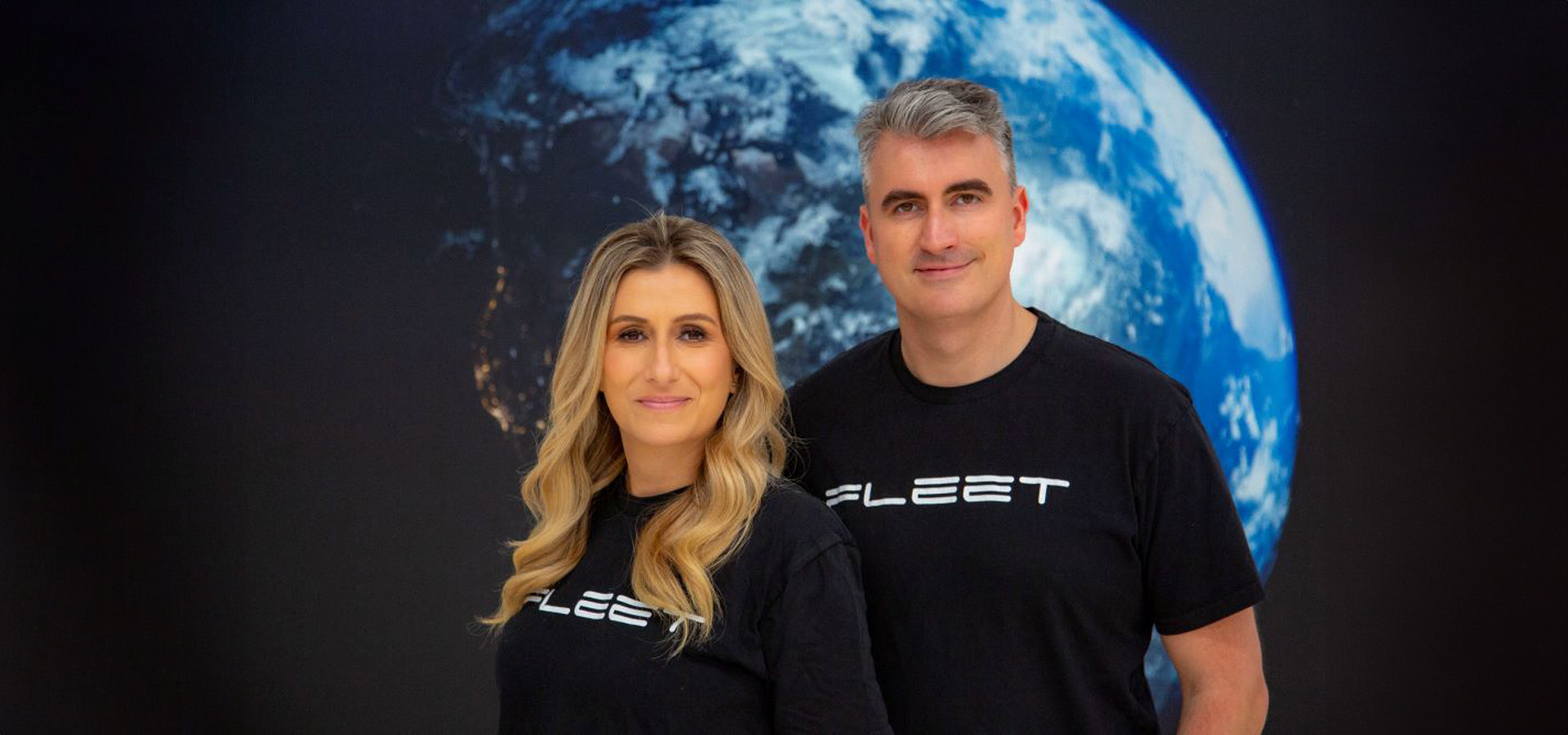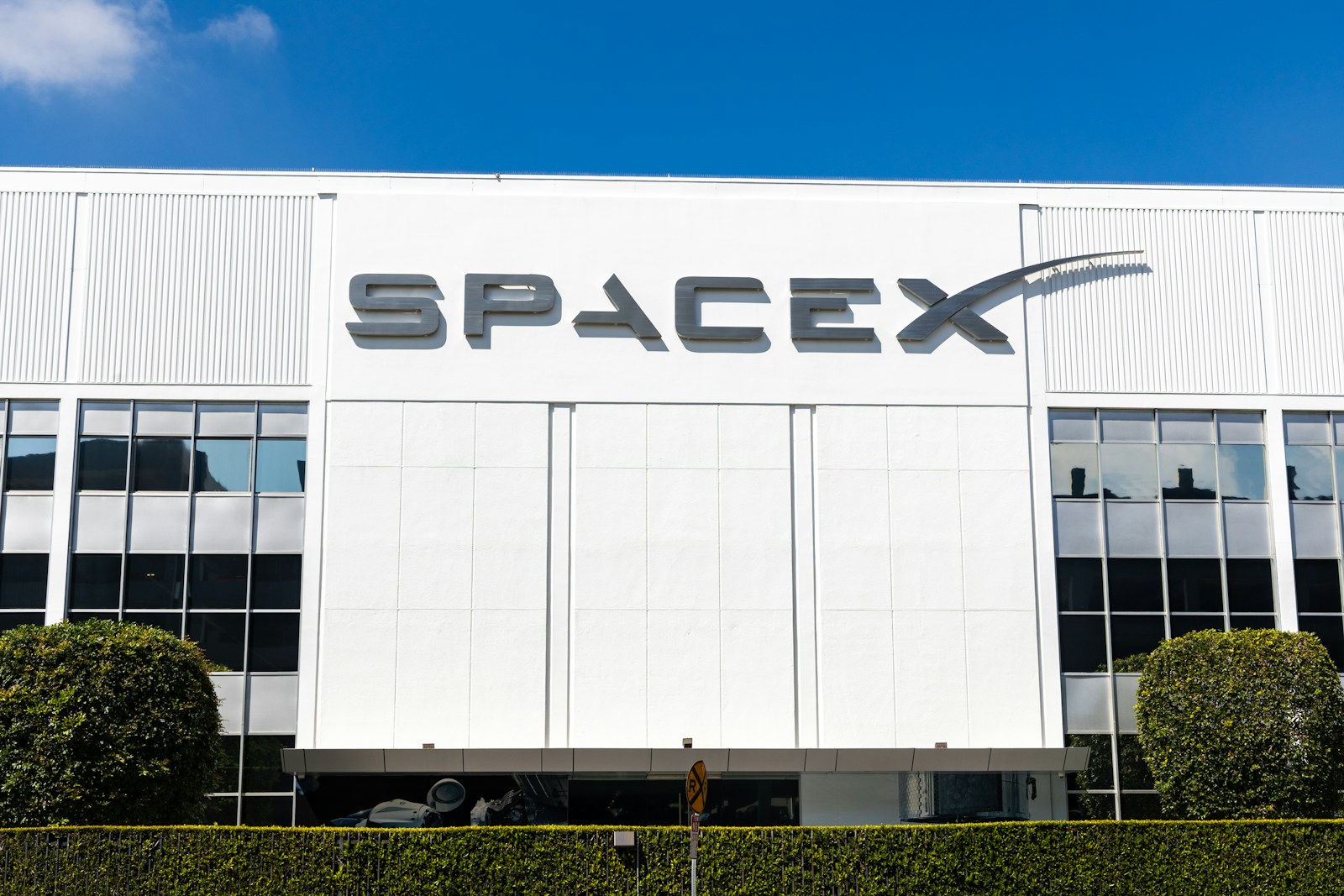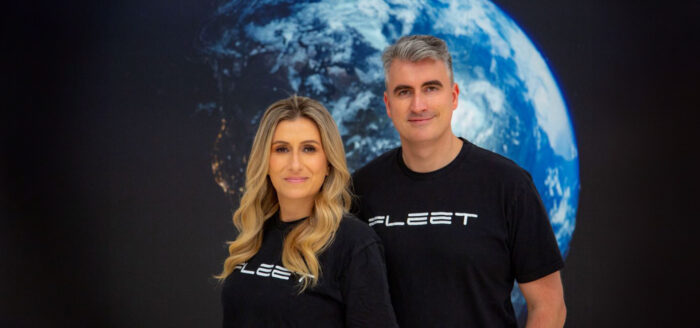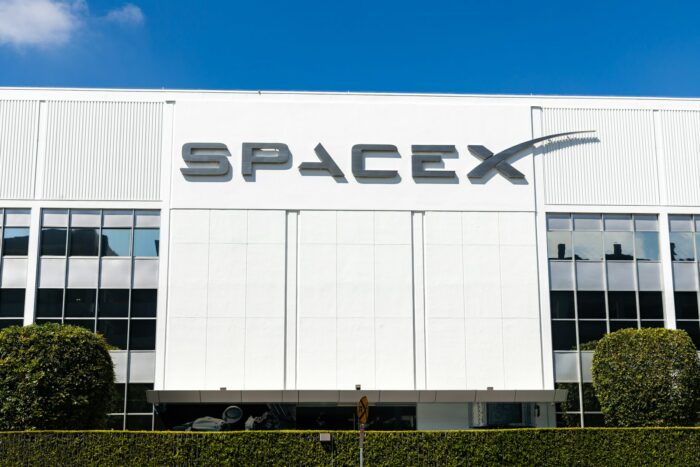Since its establishment, the UK Space Agency has been at the forefront of space exploration and technology. With a focus on innovation and sustainability, the agency has taken significant strides to address the challenges of space debris, a growing concern for global space operations.
In its latest initiative, published on the agency’s website here, the UK Space Agency is allocating £2 million (US $2.46 million) for research into refuelling technology for an upcoming mission aimed at clearing space debris. This research could significantly extend satellite lifetimes and prevent the exacerbation of space clutter. These feasibility studies will explore refuelling for a UK-led debris removal mission and examine the potential for servicing commercial satellites.
Space-based services are integral to modern life, underpinning various sectors from navigation to telecommunications. Hence, preserving the operational integrity of space is as critical as protecting the Earth’s environment. With millions of non-operational space objects in orbit, including nearly 37,000 larger than 10cm and an estimated 130 million smaller particles, proactive measures are crucial. These objects, ranging from obsolete satellites to minuscule paint fragments, pose risks to active satellites due to their high-velocity movements.
The UK Space Agency is advancing a broader commitment to sustainable space activities. It champions the development of domestic capabilities and sets an example in responsible space operations. As part of these efforts, a UK national debris removal mission is scheduled for launch in 2026 with the capability to be refuelled, ensuring its longevity and effectiveness.
George Freeman MP, Minister of State at the Department for Science, Innovation and Technology, said:
“Millions of pieces of space debris and 3,000 redundant satellites pose an increasing threat to the satellite economy we now rely on daily — from telecomms to navigation, air traffic control and climate science. So it is vital that we act.
“This new £2 million UK Space Agency programme will help to develop ways to refuel inactive satellites in space. UK businesses like Astroscale and ClearSpace developing in-flight refuelling, maintenance and other satellite servicing are key to reducing space debris, boosting space resilience and ensuring a vibrant space service economy.”
Ray Fielding, Head of Sustainability at the UK Space Agency, said:
“This is an exciting opportunity for the UK space sector. In-orbit servicing is expected to be a key tool in ensuring the long-term sustainability of the outer space environment, so these refuelling studies will support our desire to make satellite operation a lot more sustainable and demonstrate UK leadership in tackling the increasing risks caused by space debris.”
Richard Lowe, co-Chair of UKspace In-orbit Service & Manufacture (IOSM) Working Group, said:
“Satellites provide huge economic benefit for people here on Earth — but they’re currently limited to one tank of fuel! In-orbit refuelling is a key technology that can extend the life of satellites. It can also enable development of more capable infrastructure in space and help us to reduce in-orbit debris. This investment paves the way for space services that deliver even more value than today in a much more sustainable way.”
The agency is seizing the opportunity presented by falling satellite launch costs and emerging technologies, like agile satellites capable of in-orbit services such as refuelling. UK organizations are encouraged to propose feasibility studies that support this pioneering mission and future technological advancements. This comes as the space community anticipates the UK Space Conference, set to take place from 21–23 November at ICC Belfast, where space industry leaders will convene to collaboratively forge the path ahead in space exploration and sustainability.
SOURCE: UKSA
Featured image: Credit: aniket sh, PlaygroundAI
For more market insights, check out our latest space industry news here.
Share this article:

